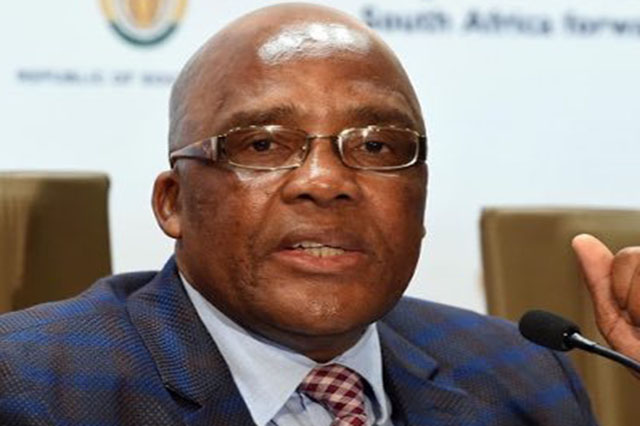Cape Town — Minister of Health, Dr AAron Motsoaledi, has expressed his concern over the High Court ruling that deemed parts of the National Health Act as unconstitutional.
Earlier this week, the Gauteng High Court declared that sections 36 to 40 of the country’s National Health Act were unconstitutional after Judge Anthony Millar said the sections were invalid “in its entirety” and that the government had the power to determine where medical practitioners may practise.
Motsoaledi was concerned and disappointed with the media headlines which have described the judgement as a blow to the National Health Insurance (NHI) Bill, and said the propaganda has been hugely successful, SA Gov News reported.
“It has become apparent to us that some organisations and individuals who are using the judgement to criticise NHI have not even read Act No. 61 of 2003 and hence are not in a position to understand what Wednesday’s judgement all is about. Nevertheless, they have even started celebrating their perceived demise of NHI,” Motsoaledi said.
He said the Department has received calls from people who believed the NHI to be unconstitutional by a Court of Law, and took the chance to clarify the members of the public who have been victims of the “toxic propaganda.”
He said that sections 36 – 40 of the new Health Act were not promulgated when it came into effect in 2004, resulting in a lacuna or gap in regulating health facilities. It is during this gap that a myriad of health facilities cropped up, unregulated.
Minister Dr Aaron Motsoaledi on 702 this morning at 7:15. Pretoria high court declared sections 36-40 of the National Health Act unconstitutional yesterday
These sections relate to the Certificate of Need (CON) which is about issuing licences for health establishments/facilities. pic.twitter.com/K6YhoWAQWI— National Department of Health (@HealthZA) July 25, 2024
He added that the government’s purpose for the introduction of the certificate of need is meant to achieve two things. To regulate the quality and standard of healthcare provided in a particular facility, and to determine an intention to put up a facility, extend the facility, increase the number of beds or put some particular equipment that is appropriate for that area.
“As a constitutional democracy, we fully respect the mandate of the Court to arbitrate on any issue which is a subject of contestation by different sections of society. However, as far as this present judgement is concerned, we respectfully wish to differ with the honourable Court. We note that while we execute our mandate of provision of healthcare as a human right, the Court seems to have placed economic property rights at the expense of the right to health,” Motsoaledi said.
The sections of the law that have been ruled unconstitutional are in the National Health Act 2003. These provisions were drafted 20 years before the NHI and have nothing to do with the NHI Act.
“It is pure mischief to assert a connection and is a part of the deliberate campaign to discredit the NHI. There is even a claim that the certificate of need is a cornerstone or a central pillar of NHI presumably without which NHI can fly. We have provided a list of countries that have certificates of need, and some of them do not have NHI or any form of universal health coverage.
He said the department would consider all its options, including an appeal.
Follow African Insider on Facebook, Twitter and Instagram
Picture: X/@HomeAffairsSA
For more African news, visit Africaninsider.com
Compiled by Matthew Petersen


